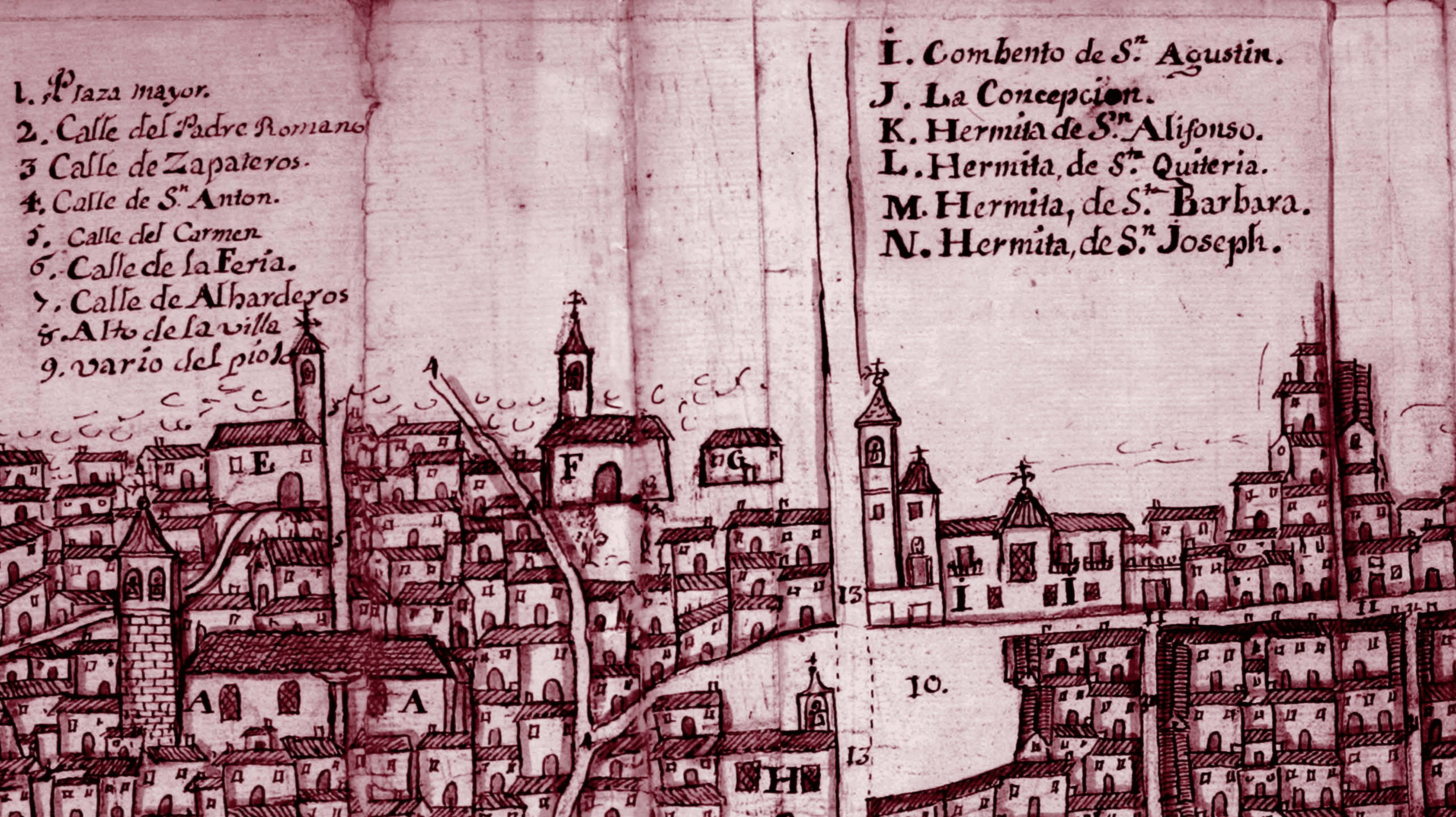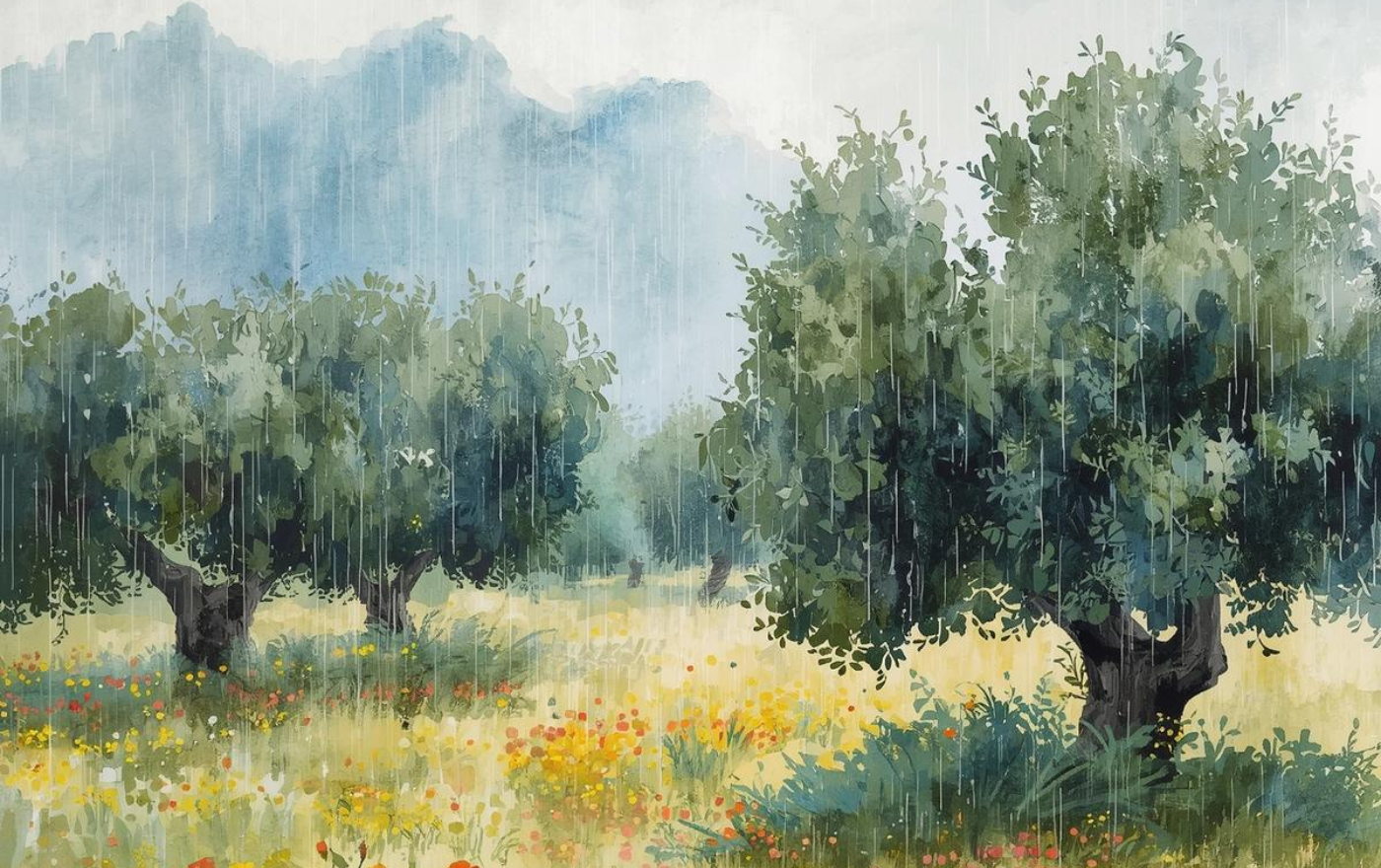Innovation, biodiversity, and clean energy: our experience at CWW25 in Montpellier.
It was a real pleasure to connect with so many professionals in the sector and to discover the most innovative projects in the field of wind energy.
We participated in the Workshop on Wildlife Protection on the Grid Side of Renewable Generation, where we shared our expertise on effective preventive measures and the responses of great bustards to the construction and operation of wind farms.

It was a real pleasure to connect with so many professionals in the sector and to discover the most innovative projects in the field of wind energy.
We participated in the Workshop on Wildlife Protection on the Grid Side of Renewable Generation, where we shared our expertise on effective preventive measures and the responses of great bustards to the construction and operation of wind farms.
This year’s sessions focused on four main themes:
- Application of the Mitigation Hierarchy: practical cases of prevention, minimization, compensation, and restoration.
- Population-level and cumulative effects, including the impact of climate change.
- Effects on ecosystems and habitats, in both onshore and offshore projects.
- Species-specific responses to wind energy projects.

We would like to highlight the increasing focus on the impact of wind farms on bats, a group that until recently had not received the attention it deserves. Many presentations explored measures to reduce bat mortality, comparing techniques such as blanket curtailment (preventive shutdowns on nights with less than 5–6 m/s wind during the activity season) and adaptive curtailment (flexible shutdown regimes based on local activity data collected from the nacelle). A major innovation in this area is the development of shut-in-demand technologies with ultrasound recorders that stop turbines when bat activity is detected.
Offshore wind energy was also a major focus, given its exponential growth over the last decade and the limited knowledge about its impacts on marine species (birds, mammals, and fish). Several studies presented showed how different species respond to the same wind farm, revealing variations depending on the species, park location, and time of year.
Advances in remote sensing and shutdown systems, as well as radar technologies, were particularly interesting. Both approaches are capable of detecting migratory movements at high altitudes—during the day and sometimes at night—providing highly valuable tools for both onshore and offshore projects.

The strategies and experiences shared to promote environmental responsibility were also truly inspiring, contributing to a more sustainable and biodiversity-friendly future.
This congress demonstrated how innovation and clean energy can advance together toward a more sustainable planet.
We also presented our poster featuring a new in-house designed tool: an Artificial Intelligence (AI) system that analyzes data from Environmental Impact Assessments (EIAs). This tool enables us to identify key trends during project permitting processes and assess consistency across administrations, helping to pinpoint critical issues and opportunities for improvement in environmental assessment procedures.

We are already preparing ideas for the next congress, which will take place in 2027 in Málaga!


.avif)


.avif)




